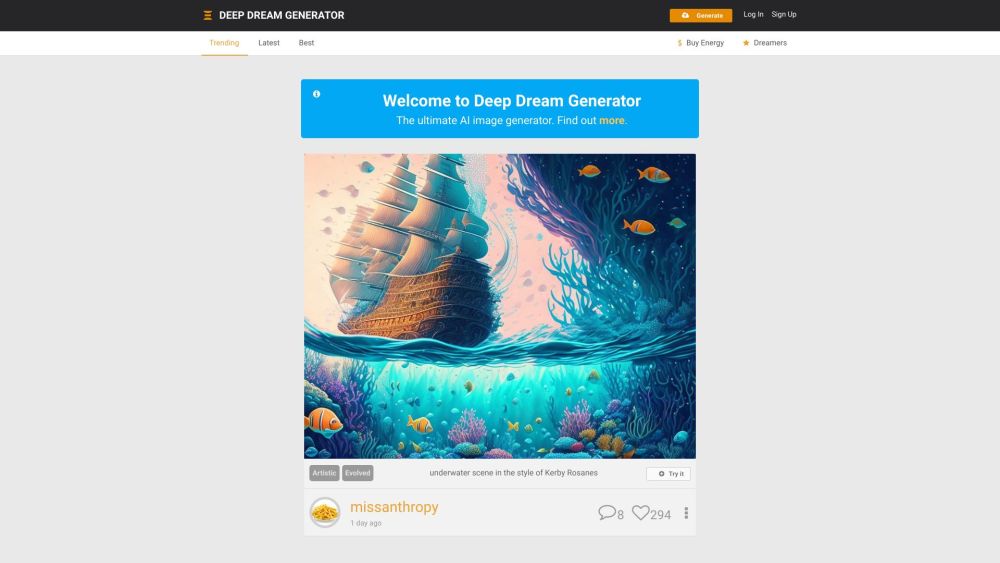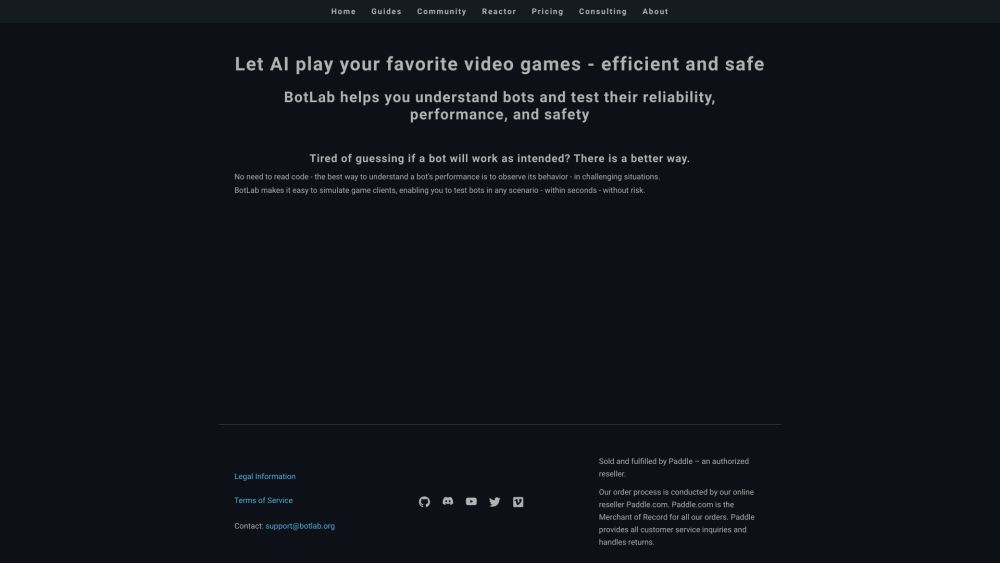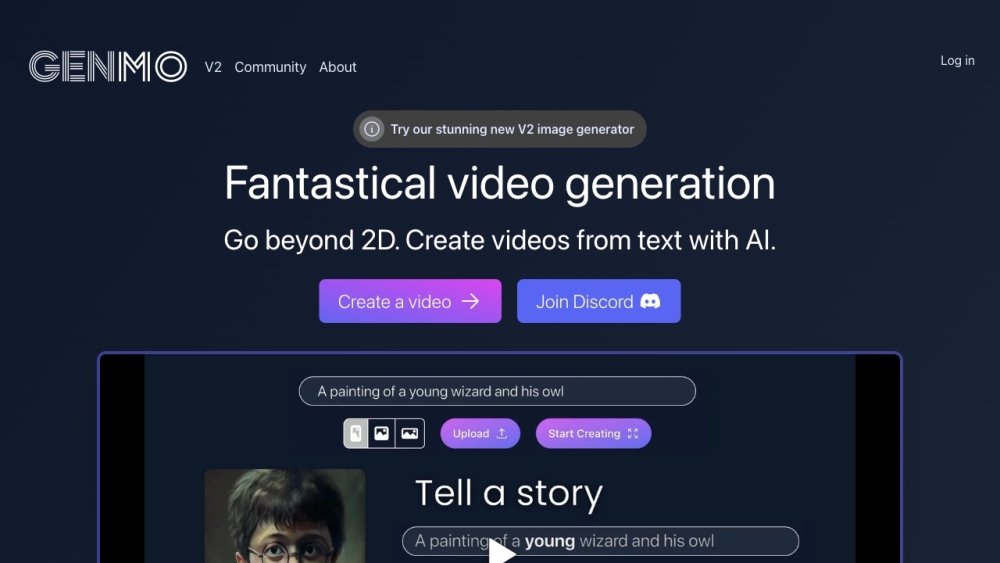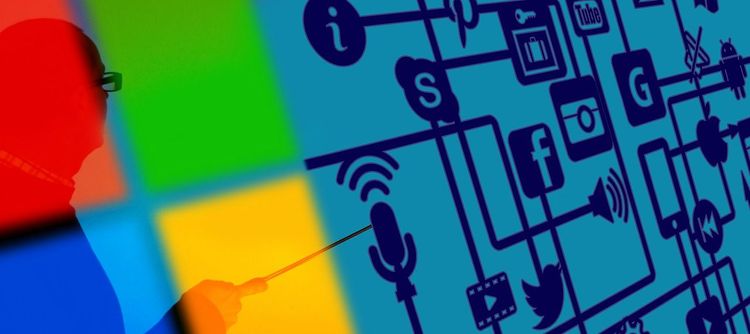OpenAI has introduced a new tool designed to help users determine whether a text is likely written by a human or generated by AI. However, the company advises that this tool, akin to Blade Runner's Voight-Kampff test, may yield inaccurate results.
The classification tool requires users to input text of at least 1,000 characters. After processing, it provides a verdict such as "The classifier considers the text to be very unlikely AI-generated" or "The classifier considers the text to be possibly AI-generated." In a personal test, I prompted ChatGPT to compose an essay on bird migratory patterns, which the detection tool labeled as "possibly AI-generated." In contrast, several human-written articles received a rating of "very unlikely AI-generated." While results can vary, this small experiment indicates a level of accuracy. Nonetheless, OpenAI warns against relying solely on this tool for assessing content authenticity and notes that it performs best with longer texts.
Following the release of ChatGPT in November, educators have expressed concerns, as the AI tool can generate essays in seconds based on simple prompts, often closely resembling human writing. This capability has led to cheating opportunities among students, prompting New York public schools to restrict access to ChatGPT on their networks and devices.
OpenAI's ChatGPT has garnered significant attention, especially as media outlets explore automation for SEO-friendly content. Recently, Microsoft invested $10 billion in OpenAI, planning to incorporate ChatGPT into its Bing and Office 365 services. Additionally, discussions around a $29 billion valuation for OpenAI suggest its position as one of the most valuable startups in the United States.
While ChatGPT currently stands as the leading publicly available natural language AI model, competitive advancements are underway. Tech giants like Google and Baidu are developing their own versions, with Google's LaMDA impressing enough to provoke assertions of sentience from a former researcher who left the company. As Google cautiously rolls out limited versions of its chatbot due to ethical considerations, the ongoing evolution of AI will be fascinating to observe.






